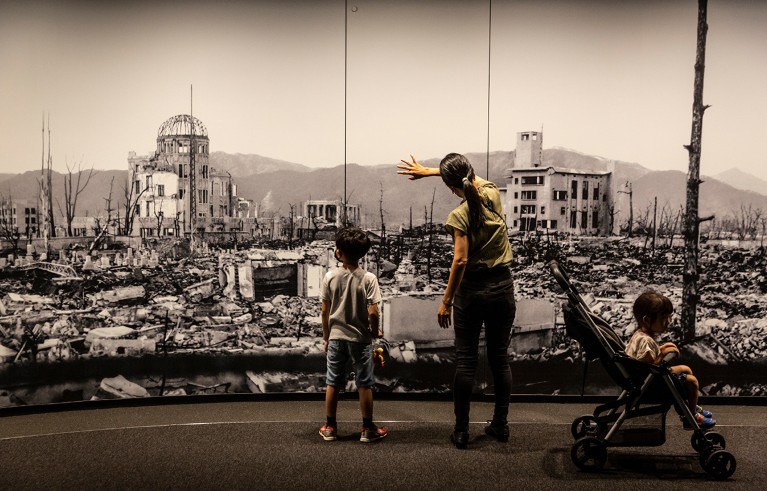
Visitors at the Hiroshima Peace Memorial Museum in Japan, which includes an artist’s impression of the bombed-out museum building.Credit: Yuichi Yamazaki/Getty
On the morning of 6 August 1945, in Hiroshima, Japan, a flash of light enveloped the sky so brightly that a 13-year-old boy, Ōiwa Kōhei, thought the Sun had fallen to Earth and landed in his mother’s flower beds, writes historian Mordecai Sheftall in an Essay in Nature this week. By the time night fell, 80,000 people in Hiroshima were dead — casualties of the world’s first nuclear-weapon attack.
The United Nations was established less than three months after the attacks on Hiroshima and Nagasaki three days later. The processes by which the UN makes decisions are typically informed by the best available scientific knowledge, but one question has rarely been considered by the world body: what are the impacts of nuclear war?
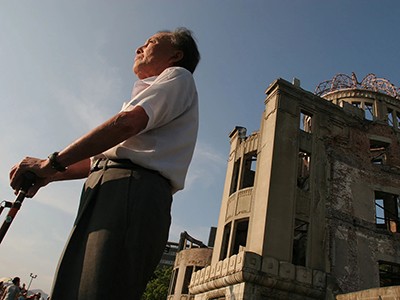
‘The Sun had fallen to Earth’ — a survivor’s recollection of the Hiroshima bombing
More than 200,000 people, by some estimates, died as a result of the nuclear bombing of Japan. The survivors, some 650,000 people, along with those of subsequent nuclear testing, are our last witnesses to the hell of nuclear destruction. There has been much research on the effects of explosions, such as the dispersion of radioactive fallout (S. Philippe et al. Preprint at arXiv 2023); and how smoke plumes from burning cities can lead to extensive crop failures or even a planet-wide chill. But the UN General Assembly rarely consults the researchers behind such findings. There has been just one UN-sponsored study into the widespread effects of a nuclear attack, and that was in May 1988 (see go.nature.com/3hgwoib).
At the end of last year, member states tasked UN secretary-general António Guterres with appointing a panel to study the physical and societal consequences of a nuclear war, and to publish a report by 2026. The World Health Organization will also be updating earlier reports on the health consequences of nuclear war.
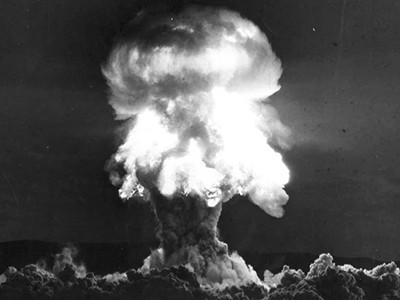
AI and misinformation are supercharging the risk of nuclear war
These developments are long overdue. The world has thankfully not seen a nuclear attack since Hiroshima and Nagasaki, but the risks of nuclear war are the highest they’ve been in decades, as Nature reported in a News Feature (Nature 643, 898–900; 2025). Nuclear-armed states all have plans to upgrade or expand their nuclear capabilities, according to the Stockholm International Peace Research Institute’s Yearbook 2025 (see go.nature.com/46eo4se).
The UN study will explore various consequences of nuclear war, including the climate impacts, such as a nuclear winter, and radiation’s effects on human bodies. The 21 panel members are diverse in gender and location, which might yield a more representative view than previous studies have; women, children and Indigenous people have historically been harmed more than other groups by the use and testing of nuclear weapons. The study will also explore the socio-economic impacts of these weapons, an area that the US National Academies of Sciences, Engineering, and Medicine flagged in a report in June as needing more study (see go.nature.com/4oh8t19).
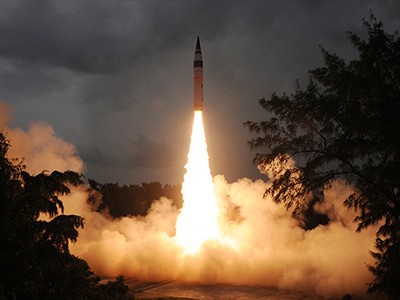
How a small nuclear war would transform the entire planet
The study will also be important for the Treaty for the Prohibition of Nuclear Weapons (TPNW), a legally binding agreement. Its signatories committed to not testing, developing, using or threatening to use nuclear weapons. It became international law in 2021.
The treaty has 94 states as signatories and 73 states as parties — those countries that have adopted it into their national laws. If just a few more states sign, it will pass the threshold of having the support of a majority. As of now, they do not include the nine countries that have nuclear weapons: Russia, the United States, China, France, the United Kingdom, India, Pakistan, Israel and North Korea. Some security experts doubt whether the TPNW will actually reduce the risk of nuclear war, because it was not negotiated with input from the governments that possess nuclear weapons. But it is the only agreed framework that is attempting to democratize world decision-making over its most lethal weapons.
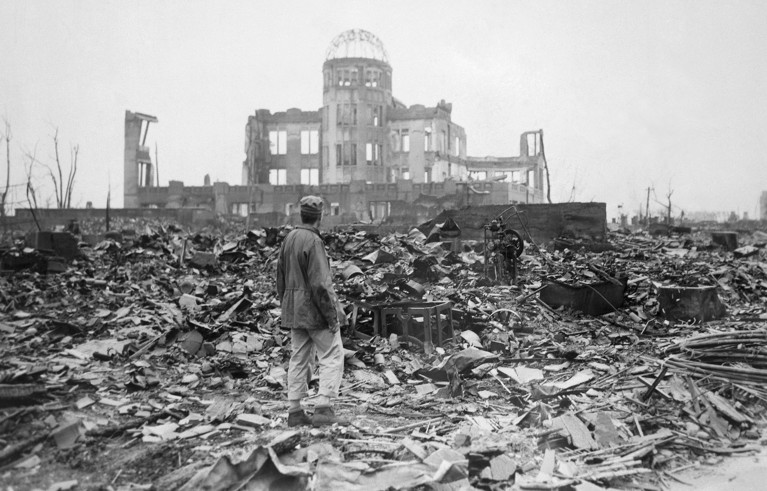
The ruins of the Hiroshima Museum of Science and Technology in Japan photographed shortly after the nuclear attack in 1945.Credit: Bettmann/Getty
Preventing fallout
Researchers must not be disheartened. Yes, it has taken the UN nearly 40 years to formally call on research into the effects of nuclear war. But it is scientists’ advocacy, for example through organizations such as the Pugwash Conferences on Science and World Affairs and the International Campaign to Abolish Nuclear Weapons, that got us here. Scientists working independently of their governments will be needed now more than ever, as the nuclear-armed states ramp up the arms race. We need expertise on nuclear testing, the verification of nuclear warheads and the weaponization of outer space, says Francesca Giovannini, a nuclear-security researcher at Harvard University in Cambridge, Massachusetts.
Scientists must investigate the technical knowledge needed to verify, from afar, what is happening at nuclear-test sites and arsenals around the world. During the cold war, such dialogues between US and Soviet scientists helped to cut down on the proliferation of nuclear weapons. Similarly, scientists should collaborate on methods that would allow them to track and understand clandestine activities in space, such as satellites manoeuvring or rendezvousing in unexpected ways.
Scientists created nuclear weapons in the 1940s. In the 2020s and beyond, they must maintain pressure so that these weapons are never used again. We need new science leaders to take up the baton for the era of artificial intelligence and misinformation, and, to engage with policymakers and the public to create a shared, knowledge-intensive understanding of the calamitous consequences of nuclear war.


